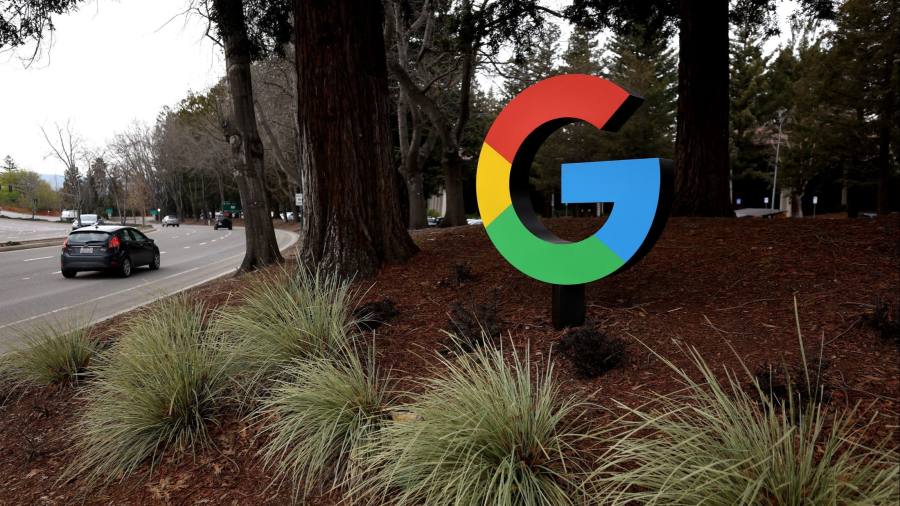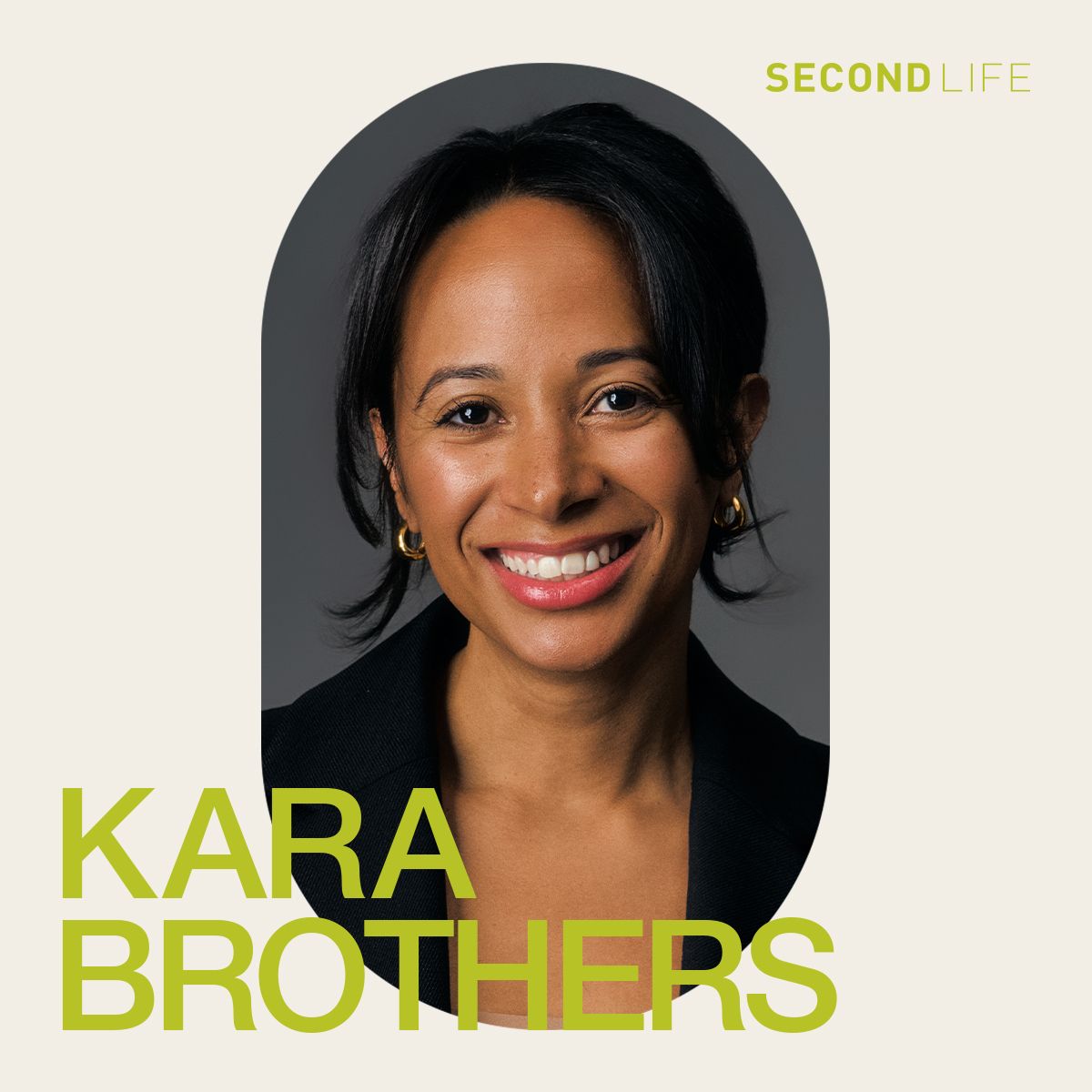Google’s advertising revenue slipped 4 per cent in the final quarter of last year, marking only the second quarterly contraction in the company’s history, according to figures released late on Thursday.
The advertising decline followed a sharp slowdown in Google’s business last year as economic growth weakened and the pandemic-fuelled boom in digital services receded. It left parent Alphabet with overall revenue growth of only 1 per cent, compared to the 32 per cent surge in business it registered the year before. Revenue would have grown 7 per cent had it not been for the strengthening US dollar.
The news pointed to an even sharper deceleration than many analysts had expected and left the company’s shares down about 4 per cent in after-market trading.
Google also reported a slip in its operating profit margin as cost growth outran revenues, resulting in a 32 per cent fall in earnings per share, to $1.06. Wall Street had been expecting earnings of $1.18 a share.
The latest figures are likely to intensify Wall Street’s focus on Alphabet’s costs. Last month, it announced 12,000 job cuts, though it still came under fire from an activist investor for not taking more drastic action.
The company was “on an important journey to re-engineer our cost structure in a durable way”, chief executive Sundar Pichai said in a statement ahead of a call with analysts.
Alphabet said it expected to incur costs of $1.9bn-$2.3bn as a result of the job cuts and another $500mn from reducing its office space, most of it in the first quarter of this year.
Google executives sought to use the company’s earnings call with analysts to reassure Wall Street that they were racing to release a new round of AI services. In his first public comments since ChatGPT presented a challenge to its search business, Pichai said Google would act “very soon” to give users a way to “interact directly with our newest, most powerful language models . . . in experimental and innovative ways”.
In another sign that Alphabet is refocusing its investments around AI, chief financial officer Ruth Porat said the financial results of UK research arm DeepMind would be taken out of the Other Bets division and treated instead as direct corporate expenses. The move, which appeared to point to a closer integration of DeepMind into the rest of Alphabet, reflected the fact that its work had become important to many parts of group’s business, Porat said.
Revenue growth from cloud computing slowed to 32 per cent in the fourth quarter of last year, down from 38 per cent in the preceding three months — a sharper deceleration than most analysts had expected. Advertising on YouTube, which is more exposed to an economic slowdown than the search business, fell 8 per cent after registering a 2 per cent decline in the third quarter.
Google’s first-ever revenue fall came at the start of the Covid-19 crisis, as many advertisers suspended their ad budgets, but growth rebounded strongly as digital spending boomed during the pandemic.


























































![Mason Ramsey – Twang [Official Music Video] Mason Ramsey – Twang [Official Music Video]](https://i.ytimg.com/vi/xwe8F_AhLY0/maxresdefault.jpg)





















